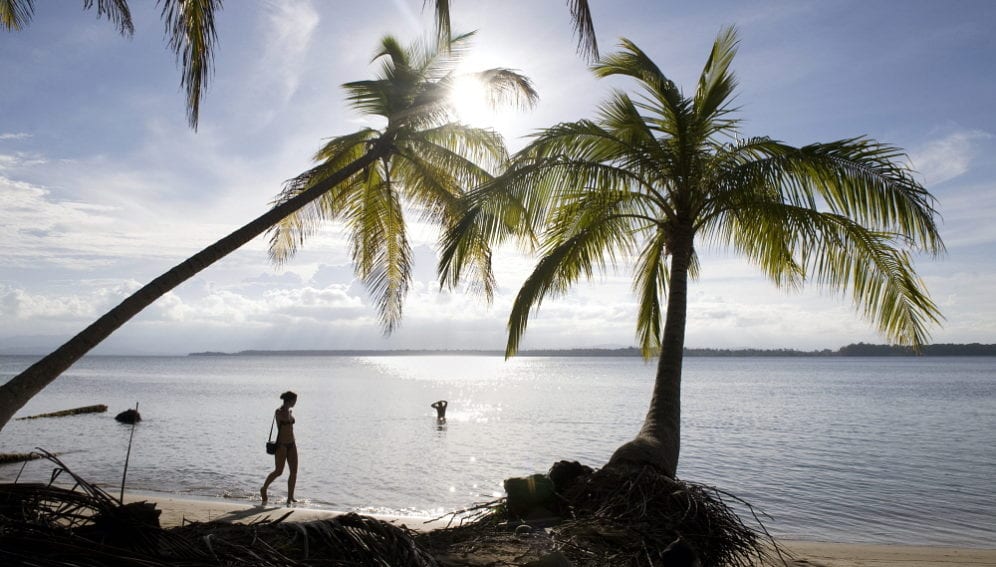By: Joe Turner
Send to a friend
The details you provide on this page will not be used to send unsolicited email, and will not be sold to a 3rd party. See privacy policy.
[BRISTOL] More questions than answers emerged last week when I spent a day (17 July) in Bristol at a meeting on Small Island Developing States (SIDS) called ‘Living at the sharp end of environmental uncertainty in small island states’.
Michael Crossley, who heads a research group at the University of Bristol looking at education in small states, organised the meeting. He told me it was designed to “build bridges” among international agencies, academics and practitioners working on the ground in SIDS and to explore experiences of education and sustainability projects there.
But it was not immediately clear how that could be done or even if there was agreement on the focus of the discussion — not to mention the nuances of how the debates could be related to a widely dispersed and varied group of island states.
“Can academics in Bristol really offer much to people in a far-flung island state which will make a difference to their lives?”
Joe Turner
Academics from the University of Bristol spoke about fundamental research in climate change and coral reef research, but told me they did not have any direct contacts with academics in the SIDS.
International agencies including UNESCO (the UN Educational, Scientific and Cultural Organization) spoke of advisory projects without external funding. Others spoke of very small projects on individual islands and about basic environmental science education in schools. If these represent an accurate picture of the development-related research that happens in the SIDS, then projects are very disjointed, underfunded and uncoordinated.
Over coffee, postgraduate students from SIDS told me that they had been sent abroad on scholarships in subject areas which had been listed as priority subjects by their governments based on skill shortages. But on returning home from their studies they found that there were few relevant jobs — even though a condition of the scholarship was that they return to the islands after their studies.
Others told me that there was even competition between islands for skilled staff. For example, though they are relative success stories, employers like the University of the West Indies and the Caribbean Climate Change Centre in Belize might actually take some of the best educated people away from their home islands.
At the end of the conference, the unanswered question seemed to be how all of these different threads could be drawn together into something which would help to bring genuine change to the SIDS.
Mark Proctor from Sazani Associates, an NGO mainly working on projects such as education, health promotion and mangrove rehabilitation on the semi-autonomous Tanzanian island of Zanzibar, told SciDev.Net that participants met after the conference and agreed to set up a new partnership of university academics, NGOs and international bodies to promote change in the SIDS. The partnership will be registered at the upcoming SIDS meeting in Samoa.
Proctor says “this is an approach which we think will support us to access significant resources to deliver to communities and influence policy” and that working in collaboration with others who have a track record on multi-faceted projects will help to gain funding from donors and investors who are currently in a “significant retreat from risk taking”.
Although this sounds like a worthy aim, I find it hard to see exactly what it will involve or how it will help solve some of the problems I heard about. Can academics in Bristol really offer much to people in a far-flung island state which will make a difference to their lives?
The new partnership faces an uphill task to encourage the adoption of appropriate science and technology infrastructure and capacity that the islands so desperately need — and help to develop policies which will make a tangible difference to inhabitants.
> Link to the Bristol small states education research group














